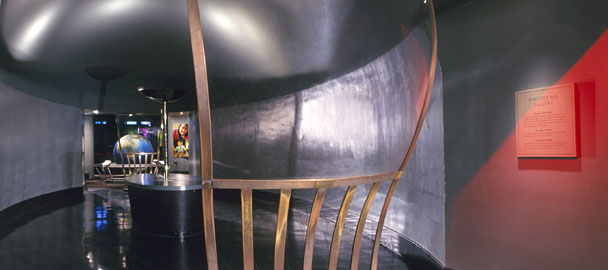Over the past two days I’ve seen many people in a circular conversation asking why the conversation on MOOCs has taken over the discussion and innovation talk happening around open education. I have a short response I’d like to share.
Would you ever call a computer the internet? or the internet twitter or Facebook? This seems to be one of the big mistakes we’ve made in ensuring we are discussing all aspects of what we are calling MOOCs. Similarly, the things we are talking about for the most part, namely MOOC companies, are not “education”, or “learning”. They tools that help navigate exclusive educational content at best. For this reason, with the summer project I am currently working on during my internship I am referring to the big companies as Massive Open Online Courserware (MOOCw), so I don’t get stuck in the conversation around education and learning. Those two things are very hard to critique socially. Here is my first draft attempt to explain this from the first draft of the paper I’m currently working on on the topic:
There is an issue when attempting to describe MOOCs. “MOOCs” signifies the entire environment. While the acronym stands for Massive Open Online Courses, the courseware providers factor heavily into how MOOCs are discussed and conceptualized across various spaces.[…] Rather than using the term MOOCs I will refer to them as MOOCw (Massive Open Online Courseware). This differentiation is important because the lack of specificity in what we are speaking about means many conversations happening related to MOOCs and MOOCw tend to speak around each other and inevitably end up only interrogating what we see as the most important stake in all of this: higher education.
The social configuration uses learning and education as a point of convergence or a nodal point (not sure which one is more appropriate yet) so we absolutely cannot lose the conversation that is happening about what all this means for higher education and learning. I think it would be really useful though to shift part of the conversation on MOOCs toward the media-technology/social media intersection part of MOOCw though because the interesting part to all of this is for me, and hopefully for many the media-technology theorist out there watching what is happening, is the new social configuration this well funded attempt at the digitization of learning/education and our big data fetish is creating. The way MOOCw platforms are imagining and building their technologies to operate is something we should be questioning, especially given the strange press/news stories (that more often than not feel like advertorials or press releases) we’ve been seeing for well over a year now. The culmination of these stories to date is a Guardian piece that came out on Saturday, “
“Online universities: it’s time for teachers to join the revolution” penned by Anant Agarwal, founder of edX that had the following text as a subtitle to the subtitle “Moocs, the new model of university education, have no race, colour, sex or wealth barriers, and can be accessed at a click”. The initial reason I was interested in MOOCs is because the way they were being discussed felt like the digital divide was being rearticulated and reinforced with how MOOCw companies were imagining the future of education. This story sort of confirms that. History of media-technologies should show that it is impossible to divorce our interactions with these “tools” from our larger social context. As society continues to be stratified on class, economic, and geographical lines, more and more of us are going to be on the wrong side of the divide, and MOOCw companies seem to be setting themselves up socially and politically to be the most viable solution to alleviate education problems by pretending that isn’t happening. And by offering the world access to elite American education. Who can critique that?

